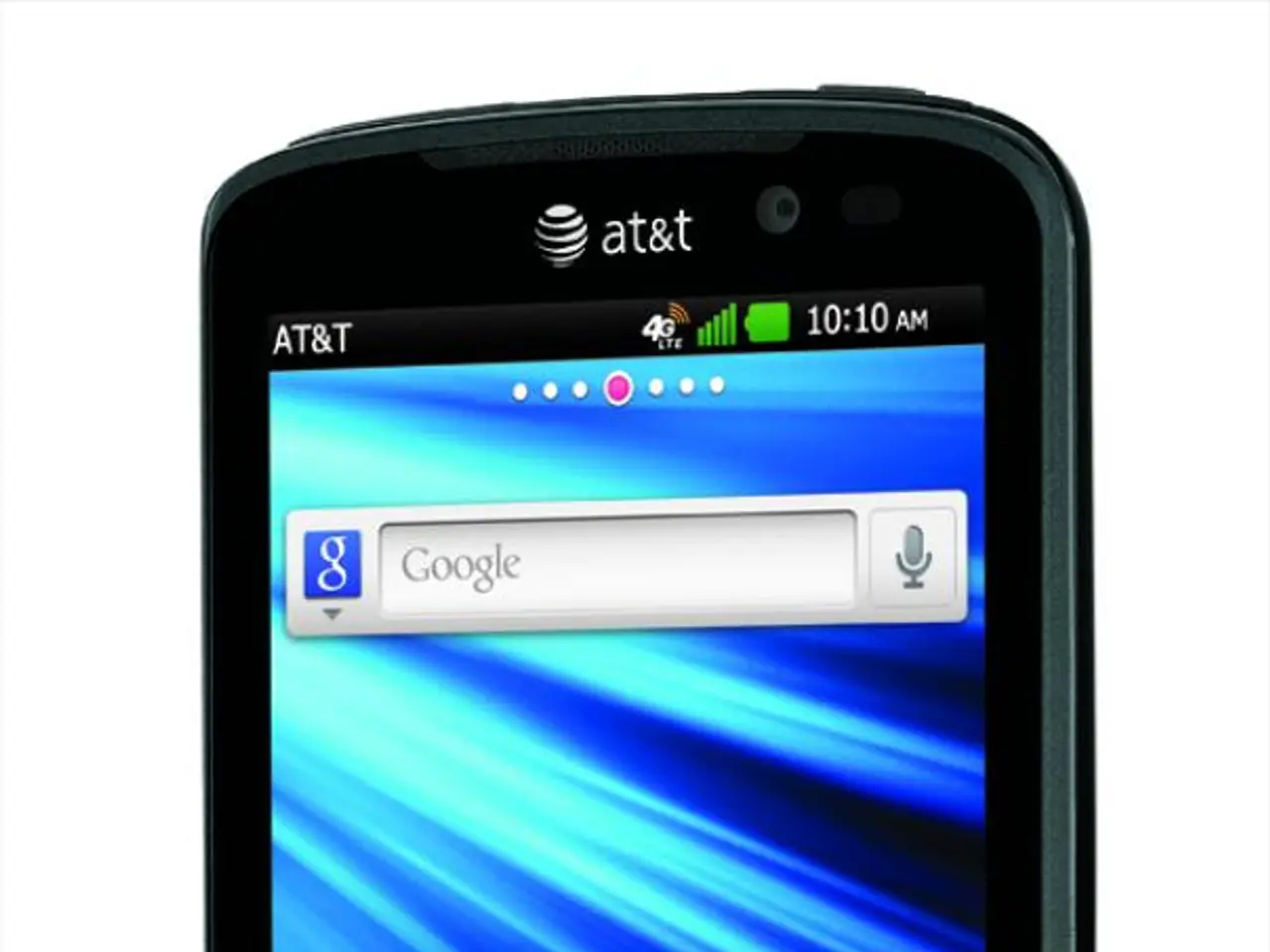Mobile restrictions on Kensington vehicles will become active in Philadelphia starting this Sunday, however, the implementation of the new law will be delayed for an unspecified period.
In Philadelphia's Kensington neighbourhood, a new law restricting mobile addiction service providers takes effect this Sunday. The law, signed by Mayor Cherelle Parker on May 28, aims to address concerns from residents, neighbourhood associations, and businesses about nuisance behaviours linked to the high concentration of mobile providers [1][2][4].
However, the city is still finalising the permitting process and regulatory framework, leaving mobile service providers uncertain about operating without violating the law. The city does not yet have a permit system in place for medical and non-medical mobile providers as required by the new rules and needs time to establish regulations "to govern enforcement" [3].
Susan Sheehan-Fasulo, executive director of Angels in Motion, has stated that mobile outreach teams are focused on providing continuous and reliable access to services through existing general vendor permits. On the other hand, Nicole Bixler, founder of Operation In My Backyard, a grassroots harm reduction organization, has expressed concern over the new law's impact on supportive services [1][2][4].
The new law requires community organisations to apply for special permits to provide services within District 7. Mobile services must be stationed at 265 E. Lehigh Ave., outside of the Kensington Wellness Support Center, or along East Allegheny Avenue between 11 p.m. and 6 a.m. [2]. Violations of the new law could result in penalties of $1,000 [3].
Addiction medicine experts have warned that any reduction in access to supportive services could reverse progress made in addressing the addiction epidemic and homelessness. Several organisations offering medical care, harm reduction, treatment referrals, substance use disorder treatment, food assistance, clothing, and other services in Kensington have expressed concern about the new permit process [1][2][4].
Councilmember Lozada, the prime sponsor of the legislation, said the new requirements would help improve quality of life for local families and permanent residents. The law has been supported by long-term residents, neighbourhood associations, private business owners, and Councilmember Lozada, who represents District 7 [1][2][4].
Nicole Bixler has stated that her team is focused on ramping up services in the coming weeks and keeping people informed about the upcoming changes [5]. The city has not yet announced the date for enforcement to begin or when the permit process might open [1][2][3][5].
As the permitting process unfolds, it remains to be seen how these new regulations will impact harm reduction efforts, substance use disorder treatment, and supportive services delivered by mobile units to homeless individuals and people who use drugs in Kensington.
References: [1] Philadelphia Inquirer. (2025, May 29). New restrictions on mobile addiction services in Kensington. Retrieved from https://www.inquirer.com/news/kensington-mobile-addiction-services-restrictions-20250529.html [2] CBS Philadelphia. (2025, May 29). New restrictions on mobile addiction services in Kensington. Retrieved from https://philadelphia.cbslocal.com/2025/05/29/new-restrictions-on-mobile-addiction-services-in-kensington/ [3] Fox 29 Philadelphia. (2025, June 2). City of Philadelphia to enforce new restrictions on mobile addiction services in Kensington. Retrieved from https://www.fox29.com/news/city-of-philadelphia-to-enforce-new-restrictions-on-mobile-addiction-services-in-kensington [4] NBC10 Philadelphia. (2025, June 4). Mobile addiction services in Kensington face new restrictions. Retrieved from https://www.nbcphiladelphia.com/news/local/mobile-addiction-services-in-kensington-face-new-restrictions/3194919/ [5] Operation In My Backyard. (2025, June 7). Statement from Nicole Bixler, founder of Operation In My Backyard, regarding new restrictions on mobile addiction services in Kensington. Retrieved from https://operationinmybackyard.org/statement-from-nicole-bixler-founder-of-operation-in-my-backyard-regarding-new-restrictions-on-mobile-addiction-services-in-kensington/
- The new law in Philadelphia's Kensington neighborhood, focusing on mobile addiction service providers, could potentially impact the accessibility of supportive services in areas such as health-and-wellness, mental-health, and nutrition.
- The city's policies and legislation related to fitness-and-exercise and general-news are unaffected by the recent law change, as it specifically targets mobile addiction service providers.
- The new law, which restricts mobile addiction service providers in Kensington, has sparked concerns among organizations providing harm reduction, treatment referrals, food assistance, clothing, and other services related to health and wellness.
- The implementation of this law, aiming to improve the quality of life for local families and permanent residents, has begun a conversation about how policy decisions in politics can influence access to services like health, mental health, and wellness within specific communities.




